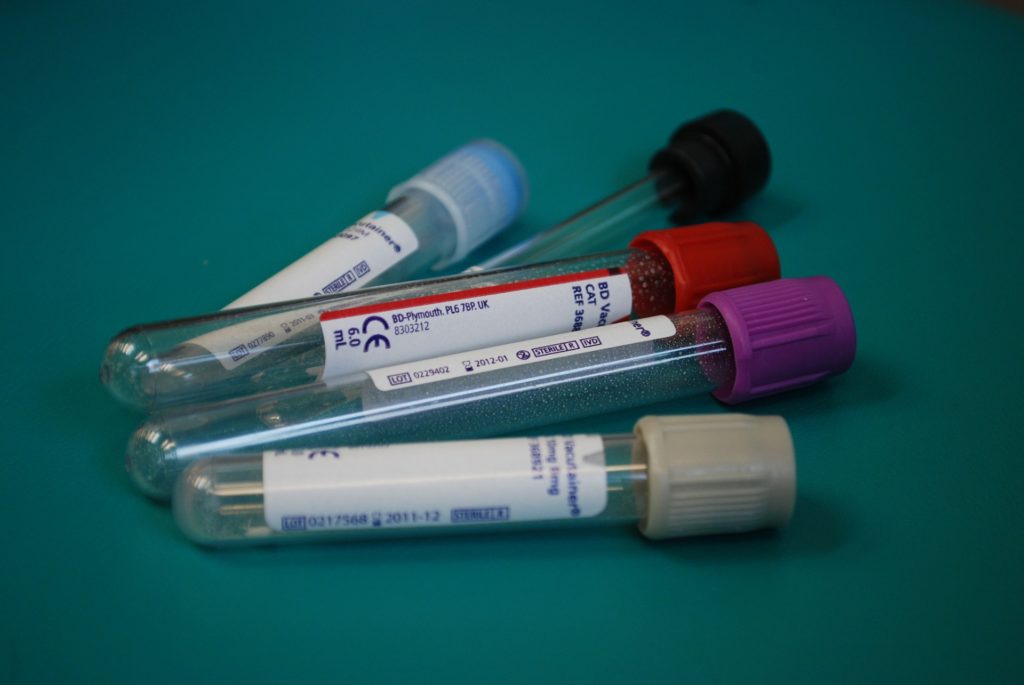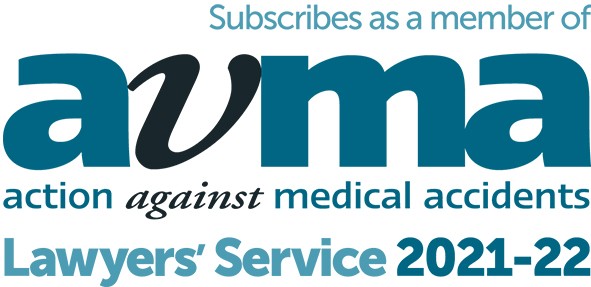NHS Reforms Raise Concerns
- Posted
The better the NHS does, the more work it creates for itself. Since its establishment in 1948 people have been living longer and with more complex health needs. This creates an ever-increasing pressure on the services of the NHS. Recently, efforts to adjust to these new challenges have involved increasing fragmentation and privatisation of services. The effectiveness of this reorganisation has been widely criticised, in part due to the further challenges it poses for patients who receive substandard care.

The Challenges of Identifying Responsibility – The Increasingly Complex Landscape of UK Health Services
When clinical negligence occurs, it is important to identify the responsible party. Not only to compensate those affected, but also to create change which prevents similar malpractice from occurring in the future. Recently, increasing numbers of clinical negligence cases have run into complications where a private practice delivers an NHS service. In these cases it can become unclear exactly which party was responsible. For example, in some cases it can be difficult to ascertain whose insurance covers the mistake. These complex cases are becoming more frequent with increasing numbers of private providers working with the NHS.
Upcoming Changes Suggest Further Complexity
From the 1st of October 2018 the NHS e-Referral Service will become the sole method of making patient referrals. The system allows patients to select from a wide range of service providers to deliver their treatment. The main benefit of this is that patients are able to select an appointment date and time which suits them. The goal is that widespread adoption of the system will reduce the number of missed appointments and waiting times for patients. However, in the name of increased efficiency, patients may ultimately suffer when things go wrong.
NHS professionals are insured by the NHSLA, which is a robust insurance scheme designed by the NHS. It is based on an extensive knowledge and experience of the kind of insurance cover medical professionals require. However, current regulation does not require private providers of NHS services to use the NHSLA as their insurance provider. Using commercial insurance to cover clinical negligence cases which are often uniquely challenging, could make the process of identifying the responsible body less straightforward. This has negative implications for claimants already suffering the consequences of the negligent practice. They may now also have to navigate complex chains of responsibility in order to determine from whom to seek the compensation and support that they need.
Can We Help?
Jobling Gowler are your local specialist Clinical Negligence solicitors. We have the skill and experience to help you identify who is at fault in complex clinical negligence cases. We are here to help investigate your claim against the correct party and ensure that you receive compensation. Have you or a loved one suffered following negligent treatment from an alternative health provider in the last 3 years? Please contact one of our specialist medical negligence solicitors today who will be happy to arrange an initial free consultation. Please call on 01625 614250 or complete the enquiries form below:










